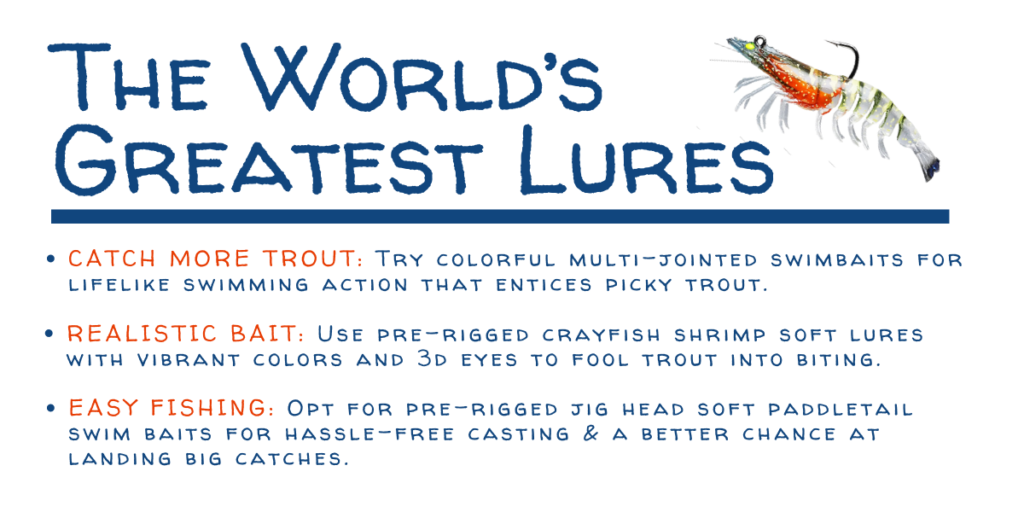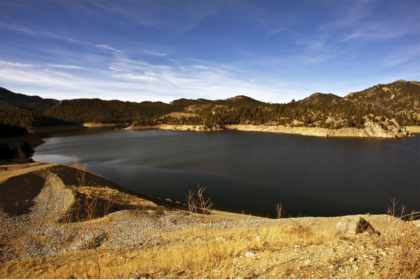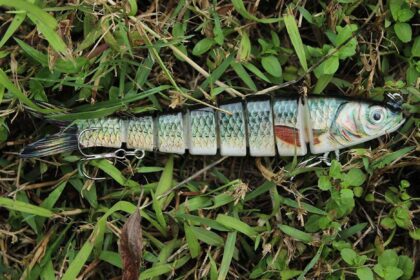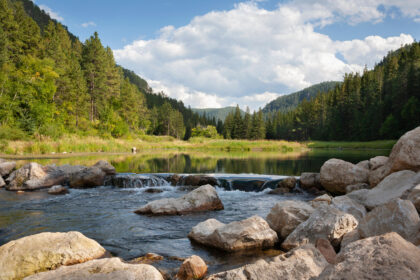Navigating the process of obtaining a fishing license often sparks a myriad of questions! Prospective anglers may find themselves wondering where and how to secure this essential permit. Fishing license questions include the potential costs and the diverse types of licenses available. The quest for information extends to understanding residency requirements, age restrictions, and whether separate licenses are needed for freshwater versus saltwater fishing or specific fish species. Whether contemplating online options, in-person transactions, or grappling with the intricacies of permits for private property, the realm of fishing licenses is a tapestry of inquiries waiting to be unraveled. Ultimately paving the way for an angler’s legal and enjoyable pursuit of the coveted catch.

Fishing license questions & answers
Q: Where can I purchase a fishing license?
A: Fishing licenses can typically be purchased online through government websites, at local fishing and wildlife offices, outdoor retailers, or through authorized third-party vendors.
Q: How much does a fishing license cost?
A: The cost of a fishing license varies based on factors such as your location, residency status, the duration of the license, and any applicable discounts. Check with the local or state/territory agency for specific pricing details.
Q: Can I buy a fishing license online?
A: Yes, many regions allow anglers to purchase fishing licenses online through official government websites or authorized third-party vendors.
Q: Are there different licenses for freshwater and saltwater fishing?
A: In many places, a general fishing license covers both freshwater and saltwater fishing. However, additional permits or stamps for specific species, such as trout or salmon, or certain types of fishing, may be required in some areas.
Q: Do I need a separate license for each type of fish?
A: Generally, a standard fishing license covers a range of fish species. However, additional permits or stamps for specific, such as trout or salmon, or certain types of fishing, may be required in some areas.
Q: What information do I need to provide when purchasing a fishing license?
A: Typically, you’ll need to provide personal information such as your name, address, date of birth, and sometimes your social security number. Residency verification may also be required.
Q: Are there age restrictions for obtaining a fishing license?
A: Age requirements can vary. Some places offer youth or junior licenses at a reduced cost, while others may have specific age limits for certain license types.

Fishing Questions continued…
Q: Can I fish without a license on private property?
A: Fishing regulations on private property may vary. It’s essential to check local laws, and even on private property, you might still need permission from the landowner.
Q: What are the consequences of fishing without a valid license?
A: Fishing without a valid license is typically against the law and can result in fines or other penalties. It’s important to comply with fishing regulations to contribute to conservation efforts and sustainable fishing practices.
Q: Can I purchase a fishing license for someone else as a gift?
A: Gift options for fishing licenses may vary by region. Some places allow it, while others may require the recipient to provide personal information during the application process.
Q: Are there different licenses for catch-and-release fishing?
A: Generally, a standard fishing license covers catch-and-release fishing. However, it’s essential to understand and follow any specific regulations related to catch-and-release practices.
Q: Do I need a license for ice fishing, and is it covered by a regular fishing license?
A: Ice fishing regulations can vary. In some locations, ice fishing is covered by a regular fishing license, while in others, a separate permit may be required.
Q: Can I use my fishing license in multiple states or regions?
A: Fishing licenses are typically jurisdiction-specific. You may need to obtain a separate license for each state or region where you plan to fish. Some regions offer reciprocal agreements for neighboring states.
Q: What is the process for renewing an annual fishing license?
A: The process for renewing a fishing license varies by location. Some licenses automatically renew, while others may require individuals to go through the application process again.
Q: Can I fish without a license during designated free fishing days?
A: Some areas have designated free fishing days where a license is not required. These days are often set by local authorities to encourage people to experience fishing without the need for a permit.
Q: Are there fishing license options for people with disabilities?
A: Many regions offer special accommodations and reduced-cost or exempt licenses for individuals with disabilities. These licenses may have specific eligibility criteria.
Q: Can I fish in national parks, and do I need a special permit?
A: Fishing regulations in national parks may differ. While some parks require a standard fishing license, others may have additional permitting requirements or restrictions.

In Summary
Hopefully we’ve addressed your fishing license questions with that list of Q & A’s. It is important to remember to always have your fishing license on your person while fishing. The carrying of your license allows authorities, such as game warden or conservation officers, to verify that you are in compliance with fishing regulations. It serves as proof that you have obtained the necessary permission to engage in fishing activities. Digital copies of fishing licenses stored on a smartphone may be allowed as a valid form of proof in some areas, while in others, a physical copy may be required. Always familiarize yourself with and adhere to the rules and regulations of the jurisdiction where you are fishing to ensure a positive and lawful angling experience.




